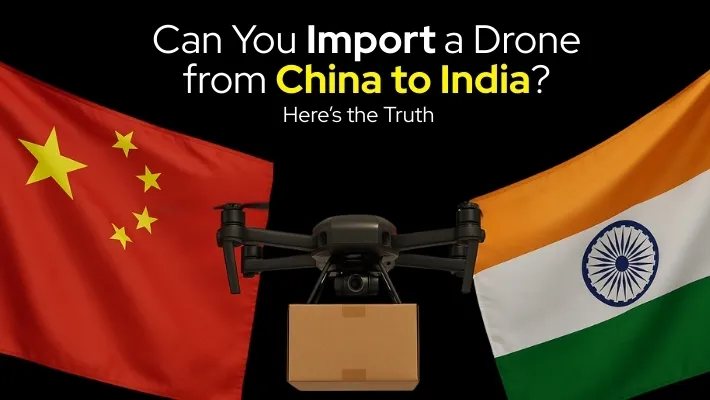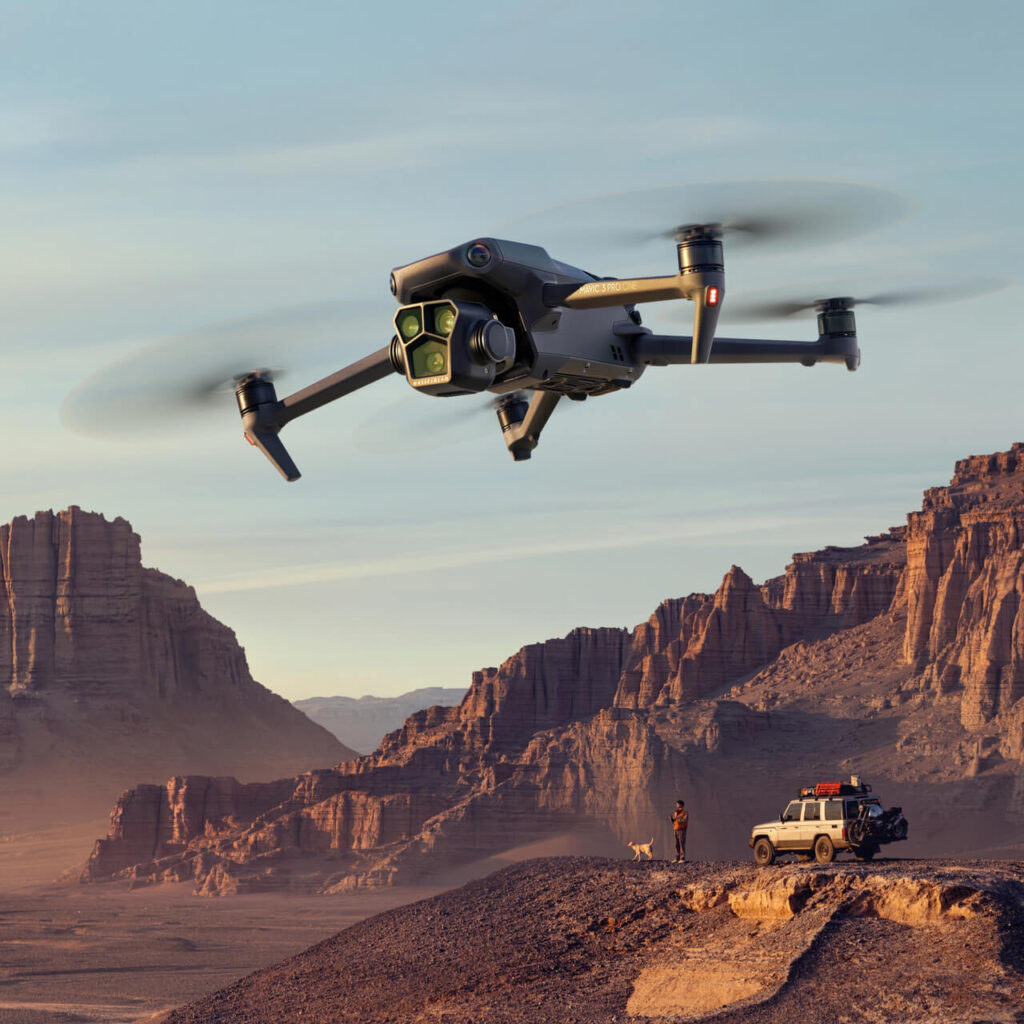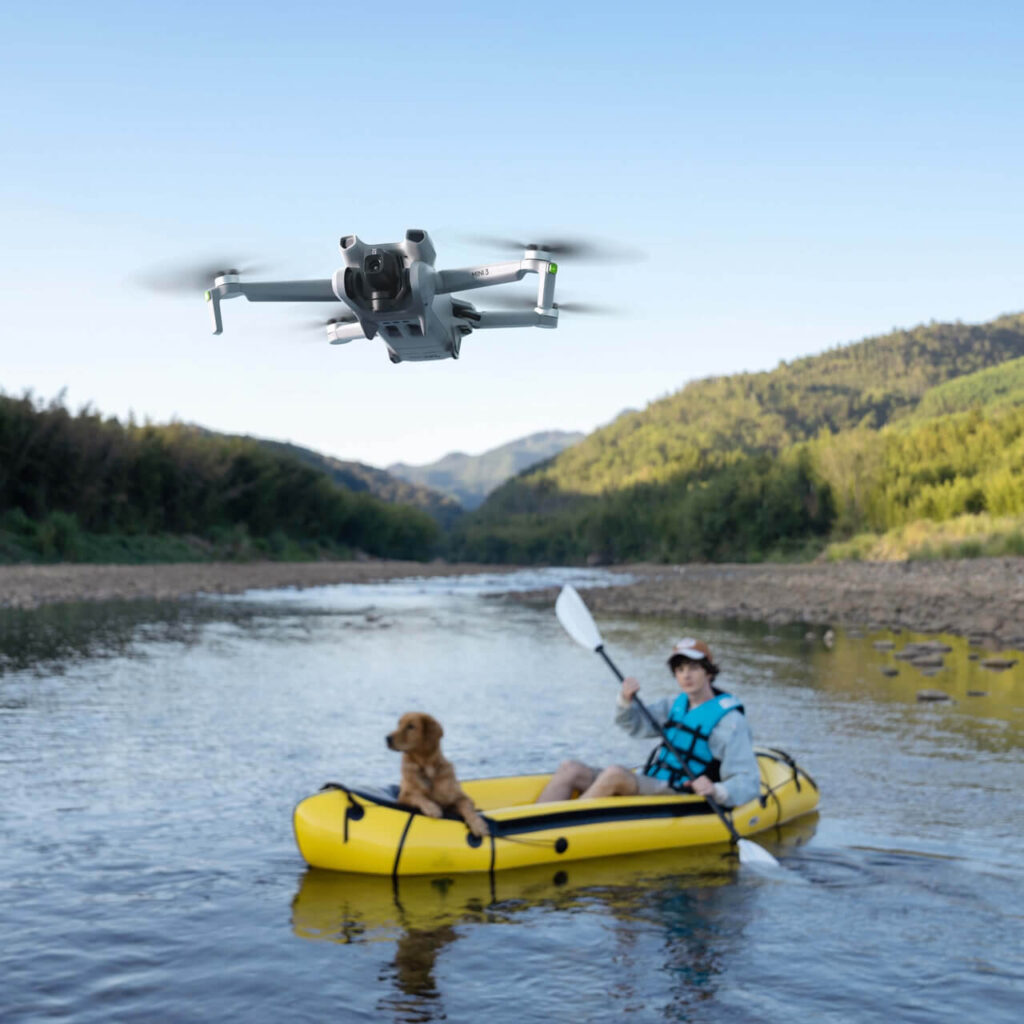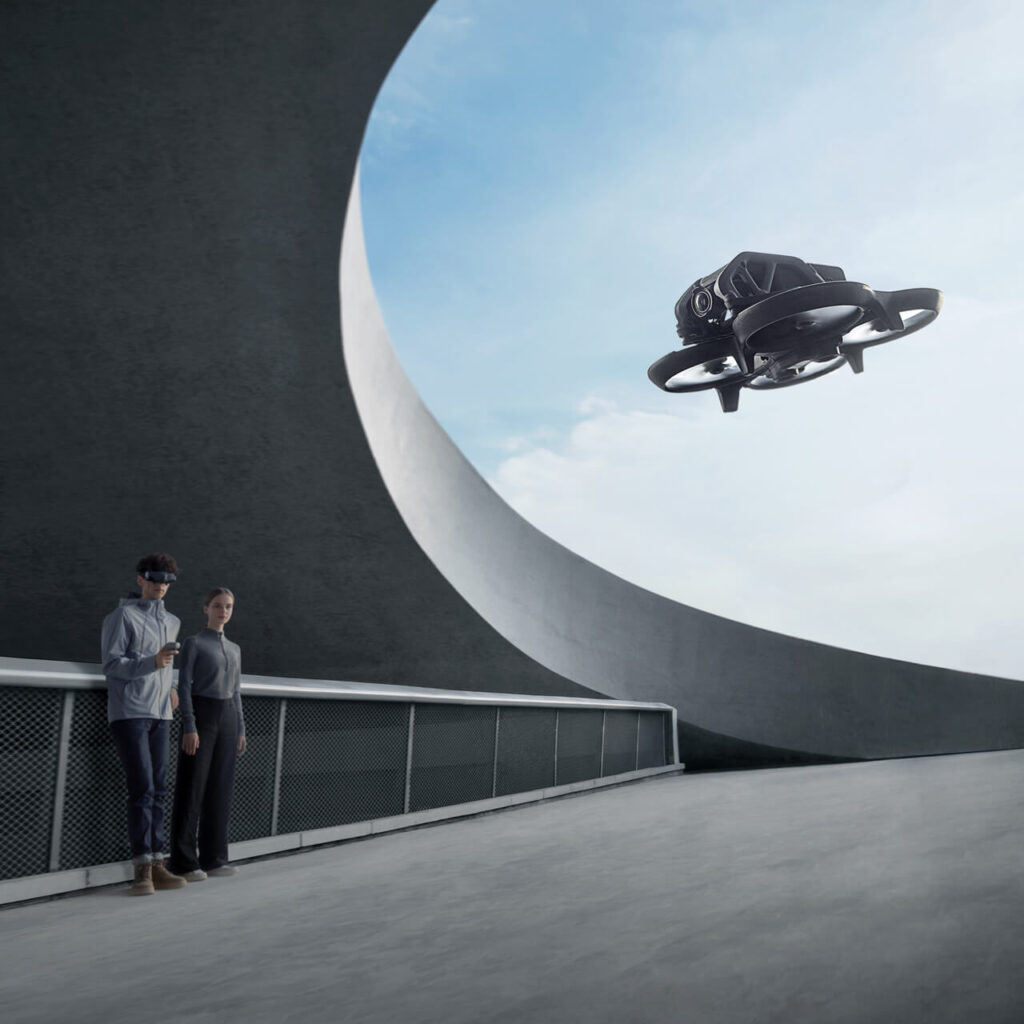Picture this: You’re browsing through the latest DJI drone deals on AliExpress, tempted by prices that are ₹30,000-50,000 cheaper than Indian retailers. Your finger hovers over the “Buy Now” button, but a nagging question stops you – can you actually import a drone from China to India? The answer might surprise you, and it could save you from a costly mistake that thousands of Indians make every year.
The drone import landscape in India has undergone dramatic changes, and what was once a straightforward process has become a complex maze of regulations, restrictions, and potential pitfalls. Whether you’re a professional photographer, surveyor, or drone enthusiast, understanding these rules isn’t just important – it’s essential to avoid legal troubles and financial losses.
The Current State of Drone Imports in India
Complete Import Ban Since 2022
India implemented a complete ban on drone imports in February 2022, fundamentally changing the landscape for drone enthusiasts and professionals. This decision was driven by security concerns and the government’s push to promote domestic drone manufacturing under the “Make in India” initiative.
The ban is comprehensive and covers all categories of drones, regardless of their intended use – whether recreational, commercial, or research purposes. This means that the days of ordering drones directly from Chinese manufacturers like DJI, Autel, or other international brands are effectively over for individual consumers.
What This Means for You
If you’re planning to import a drone from China:
- Your drone will likely be confiscated at customs
- You may face penalties ranging from ₹50,000 to ₹1 lakh
- The confiscated drone will not be returned, even after paying fines
- You could face legal proceedings for importing prohibited goods
For existing drone owners:
- Drones purchased before the ban can still be operated legally
- Registration with DGCA through the Digital Sky platform is mandatory
- All flight operations must comply with current drone regulations
Understanding India’s Drone Categories and Weight Regulations
One crucial aspect that many drone operators overlook is how your drone’s weight decides what rules you follow. The DGCA has established five distinct categories based on weight, each with specific registration requirements and operational limitations.
| Category | Weight Range | Registration Required | Key Restrictions |
|---|---|---|---|
| Nano | Up to 250g | No | Fly within line of sight below 50 feet |
| Micro | 250g – 2kg | Yes | Fly below 200 feet within VLOS, avoid populated areas |
| Small | 2kg – 25kg | Yes | Requires remote pilot license, detailed compliance |
| Medium | 25kg – 150kg | Yes | Commercial license mandatory, strict operational limits |
| Large | Above 150kg | Yes | Requires special permissions, restricted operations |
This weight-based classification system is crucial because it determines not just your registration requirements, but also your operational freedoms and compliance obligations.
The Economics of Drone Ownership in India
Cost Comparison: Import vs. Domestic Purchase
Here’s a realistic breakdown of costs if you were to attempt importing versus buying domestically:
Attempting to Import (High Risk):
- DJI Mini 3 Pro: ₹55,000 (China price)
- Customs duty (28-35%): ₹15,400 – ₹19,250
- Shipping and handling: ₹3,000 – ₹5,000
- Risk of confiscation: 100%
- Total potential loss: ₹73,400 – ₹79,250
Domestic Purchase (Safe & Legal):
- DJI Mini 3 Pro: ₹79,900 (Indian retail price)
- Warranty and support: Included
- Legal compliance: Guaranteed
- Total cost: ₹79,900
The math is clear – attempting to import not only risks total loss but often doesn’t provide significant savings when you factor in duties and risks.
Why Professionals Are Choosing Alternatives
The Rental Revolution
Many creators and surveyors are discovering that renting drones instead of buying makes more financial and practical sense in the current regulatory environment. Here’s why:
Benefits of Drone Rental:
- No upfront investment of ₹50,000-₹2,00,000
- Access to latest models without depreciation concerns
- Maintenance and insurance included
- Professional support and training
- Flexibility to use different drones for different projects
Rental vs. Purchase Analysis:
- Professional survey project (5 days): ₹15,000 rental vs. ₹1,50,000 purchase
- Wedding photography (2 days): ₹8,000 rental vs. ₹80,000 purchase
- Construction monitoring (monthly): ₹25,000 rental vs. ₹2,00,000 purchase
For many professionals, the rental model provides better cash flow management and access to premium equipment without the regulatory headaches of ownership.
Legal Alternatives for Drone Acquisition
Authorized Dealers and Distributors
The safest and most reliable way to acquire drones in India is through authorized dealers who have proper import licenses and can ensure compliance with all regulations.
Recommended Approach:
- Purchase from established retailers like Jetayu Gadgets who specialize in legal drone imports and provide comprehensive support
- Ensure the dealer provides proper documentation and registration assistance
- Verify that the drone model is approved for Indian operations
- Confirm warranty and after-sales support availability
Popular Models Available Legally
DJI Options:
- DJI Mini 3 Pro: Perfect for content creators, weighs 249g (Nano category), price around ₹79,900
- DJI Air 3S: Excellent for professional photography and surveying, dual-camera system, price around ₹1,35,000
Autel Alternatives:
- Autel EVO lite Standard Drone: Professional-grade features, obstacle avoidance, price around ₹1,25,000
These models are readily available through authorized channels and come with full warranty and support.
The Registration Process: What You Need to Know
Digital Sky Platform Registration
All drones weighing more than 250g must be registered on the Digital Sky platform (digitalsky.dgca.gov.in). The process involves:
Step-by-Step Registration:
- Create an account on Digital Sky platform
- Upload required documents (ID proof, address proof, drone purchase invoice)
- Pay registration fees (₹1,000 – ₹5,000 depending on category)
- Wait for approval (typically 7-15 days)
- Receive Unique Identification Number (UIN)
- Affix UIN to your drone
Required Documents:
- Valid government ID
- Address proof
- Drone purchase invoice
- Insurance certificate (for commercial operations)
- Remote pilot license (for certain categories)
Remote Pilot License Requirements
For drones above 2kg or commercial operations, you’ll need a Remote Pilot License:
- Training Duration: 15-30 hours depending on category
- Training Cost: ₹15,000 – ₹25,000
- Validity: 2 years
- Renewal: Required every 2 years with refresher training
Operational Compliance and Safety
No-Fly Zones and Restricted Areas
India has designated numerous no-fly zones where drone operations are strictly prohibited:
Permanently Restricted Areas:
- Within 5km of airports
- Near military installations
- Government buildings and sensitive locations
- International borders (within 25km)
- Nuclear facilities and power plants
Temporary Restrictions:
- During VIP movements
- Special events and festivals
- Emergency situations
- Weather-related restrictions
Flight Permission Requirements
Depending on your drone category and intended use, you may need:
- No Permission Required: Nano drones in unrestricted areas
- Automated Permission: Through Digital Sky app for routine operations
- Manual Permission: For complex operations or restricted zones
- Special Permission: For beyond visual line of sight (BVLOS) operations
The Future of Drone Imports in India
Emerging Trends
The Indian government is gradually relaxing some restrictions while maintaining security priorities:
Positive Developments:
- Increased local manufacturing leading to competitive pricing
- Simplified registration processes
- Growing acceptance of commercial drone applications
- Investment in drone technology infrastructure
Challenges Ahead:
- Limited model variety compared to international markets
- Higher prices due to import duties on components
- Slower adoption of latest technologies
- Regulatory complexity for new operators
Make in India Impact
The government’s focus on domestic manufacturing is creating opportunities:
- Local assembly of international brands
- Reduced costs through economies of scale
- Faster service and support
- Compliance with Indian regulations by design
Practical Recommendations
For First-Time Buyers
Start Small and Legal:
- Begin with a nano drone (under 250g) to understand regulations
- Consider the DJI Mini series for learning and recreational use
- Purchase from authorized dealers like Jetayu Gadgets for peace of mind
- Invest in proper training before moving to larger drones
For Professional Users
Build a Compliant Operation:
- Assess your specific use case and weight requirements
- Budget for registration, licensing, and insurance costs
- Consider rental options for occasional use
- Establish relationships with authorized service providers
For Existing Drone Owners
Ensure Compliance:
- Register your drone immediately if not already done
- Obtain required licenses for your intended use
- Stay updated on regulatory changes
- Consider upgrading to newer, compliant models
Conclusion: The Smart Path Forward
The reality is clear: importing drones from China to India is not just risky – it’s prohibited and can result in significant financial losses and legal troubles. The ₹30,000-50,000 you might save on purchase price pales in comparison to the potential ₹1 lakh fine and complete loss of your investment.
Instead of taking unnecessary risks, the smart approach is to work with authorized dealers who can provide legal, warrantied products with proper support. Companies like Jetayu Gadgets specialize in navigating these regulations and can help you acquire the right drone for your needs while ensuring full compliance.
The Indian drone market is evolving rapidly, with increasing model availability and competitive pricing from authorized sources. By choosing the legal path, you’re not just protecting yourself from penalties – you’re investing in a sustainable drone operation that can grow with changing regulations and technological advances.
Remember, the goal isn’t just to own a drone; it’s to operate one legally, safely, and effectively for your specific needs. In today’s regulatory environment, that’s only possible through authorized channels and proper compliance procedures.
Whether you’re a content creator, surveyor, or hobbyist, the future of drone operations in India lies in working within the system, not around it. Make the smart choice – choose legal, choose compliant, and choose peace of mind.




